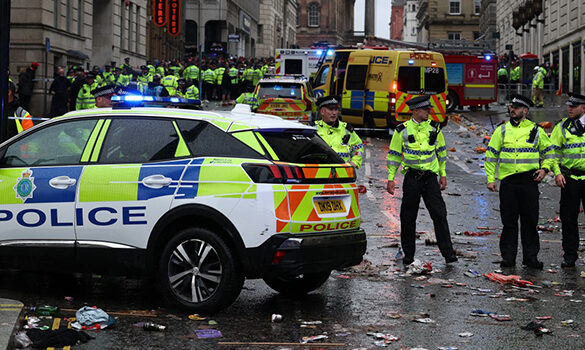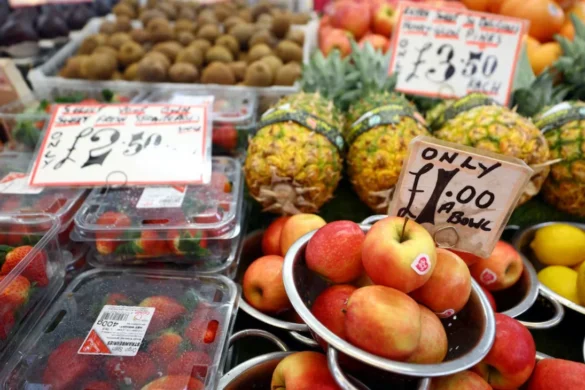Western countries need to boost ammunition supplies to Ukraine as Russia escalates its war effort before the first anniversary of the Feb. 24 invasion, NATO military alliance chief Jens Stoltenberg said on Tuesday.
“We see no signs that (Russian) President (Vladimir) Putin is preparing for peace. What we see is the opposite, he is preparing for more war, for new offensives and new attacks,” the NATO secretary-general told reporters ahead of a two-day meeting of defence ministers in Brussels.
Before the meeting, the so-called Ramstein group of Ukraine allies, led by the United States, was to meet atnato NATO headquarters to discuss further arms supplies.
“This has become a grinding war of attrition, and therefore it’s also a battle of logistics,” Stoltenberg added, saying that beyond new weapons for Kyiv, there was a need to keep already delivered arms working.
“When it comes to artillery, we need ammunition, we need spare parts, we need maintenance, we need all the logistics to ensure that we are able to sustain these weapons systems.”
DEPLETED STOCKS
NATO plans to increase targets for stockpiling ammunition as Kyiv is burning through shells much faster than Western countries can produce them, leaving stocks badly depleted.
Germany announced it has signed contracts with arms maker Rheinmetall RHMG.DE to restart production of ammunition for the Gepard anti-aircraft guns it has delivered to Kyiv.
“I am very happy we have been able to guarantee the delivery of this important element of air defence,” German Defence Minister Boris Pistorius said when he arrived in Brussels.
Germany has been trying for months to find new munitions for the Gepard anti-aircraft guns which its own military had decommissioned in 2010.
At their meeting in Brussels, NATO defence ministers will also kick off a discussion on adapting the alliance’s target for members to spend 2% of Gross Domestic Product (GDP) on defence.
Several allies see this as too low, given the Ukraine war, and are pushing for higher military spending, while others such as Germany are still far below the 2% goal. A decision is expected at the NATO summit in Lithuania in July.




